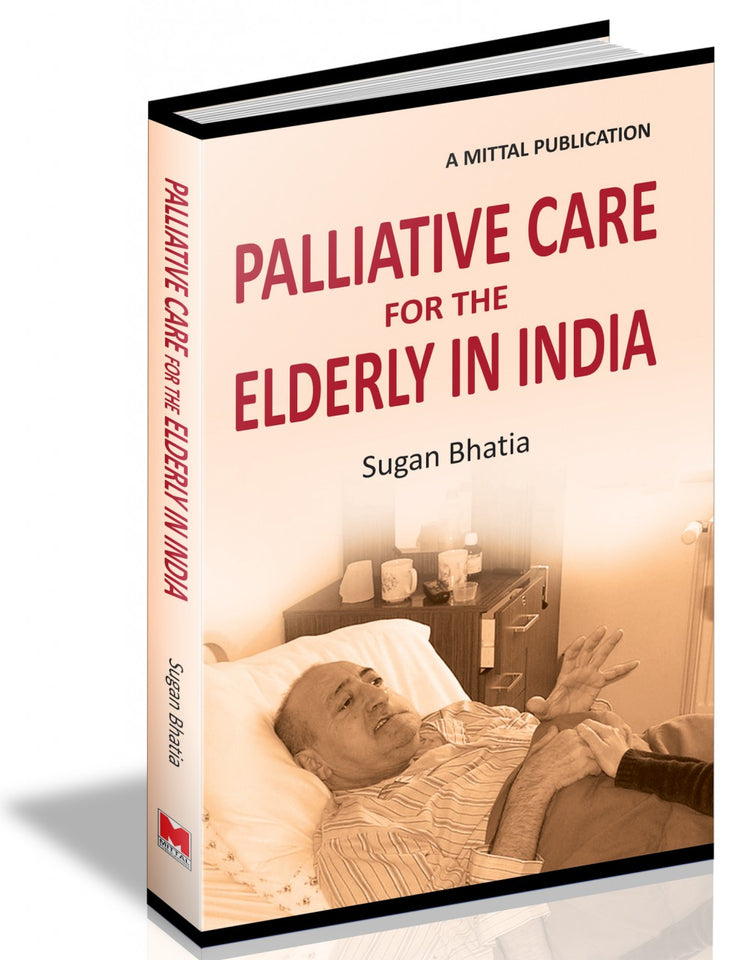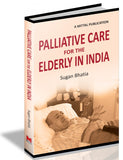Palliative Care for the Elderly in India
Regular price
Rs. 395.00
Health Care System in India has laid too much emphasis on hospitals and hospitalization In the process two important constituents of the system Home Health Service and Palliative Care have remained Peripheral Almost neglected There have been Mobile Medical Units Community Camps and door to door immunization campaigns The system is however beginning to rapidly support privatization of health care initiatives under the guise of bringing about improvements in the inefficient and cost insensitive public health care system Public Private Partnership is being introduced largely with a view to supporting the Private Health Care Industry with the support of the Private Health Care Insurance Industry The state is rapidly abdicating it welfare responsibilities and is pushing the citizens to the vagaries of the market forcesIf that is going to be the trend in the coming years citizens have a right to demand efficient cost effective and regulated functioning of the entire health care industry Two innovations that will influence the health care system efficient that is and accountable to the citizens are the Home Health Service and the obligation to introduce Palliative Care Palliative care both for the elderly and others suffering from end of life It ailments needs to be viewed as part of the right to life with dignity that includes the right to die in dignityThe present collection of papers provides a perspective on Palliative Care for the Elderly insofar it includes the struggle for its inclusion in the Health Care System some experimental projects and the efforts to make it a part of the home and the neighbourhood.
Sugan Bhatia (b. 1943), completed his Master’s degree in English (1967), and, two years of studies in Linguistics (1968-70) from the University of Delhi. He joined the University of Texas at Austin in 1970 on a Fulbright scholarship and went on to complete his Ph. D. from that University (1972). He taught as a trained graduate teacher (1964-1967) in two Senior Secondary schools in Delhi, and, as an Assistant Lecturer in English (1967-1969) and as Lecturer in English (1970-72) as Selection Grade Lecturer in English (1972-1979) in a college in the University of Delhi. He joined the Adult and Continuing Education Cell, University of Delhi as its Coordinator (1979-1982), went on to become its Director (1982), and was appointed as Director-Professor in 1984. He retired from that position in June, 2005 after completing 38 years of service in the University of Delhi. During his teaching period of 41 years, he has been Radio Broadcaster with the All India Radio English Programmes, Concept Development Specialist for films on social development, Consultant for English Language Teaching Programmes, Trainer with the University-based Academic Staff Colleges, the Administrative Staff College of India, the National Institute of Public Cooperation and Child Development, and, several national and international NGOs. He was one of the Consultants that prepared the feasibility report for the National Open School. He has been one of the Expert Members on Continuing Education and National Development at the University of Kuwait. He was General Secretary of the Indian University Association for Continuing Education from 1979 till about 2000, after which he became its Vice-President (2000-2006). He is currently the President of the Indian University Association for Continuing Education since February 2006. He is also Advisor to the All India Senior Citizens’ Confederation. He is considered as one of the leading members of the various Committees of the University Grants Commission that helped set up more than 100 Departments of Adult, Continuing Education and Extension in Universities in India. He was again one of the leading members that introduced Population Education in Higher Education.
Guaranteed Safe Checkout





